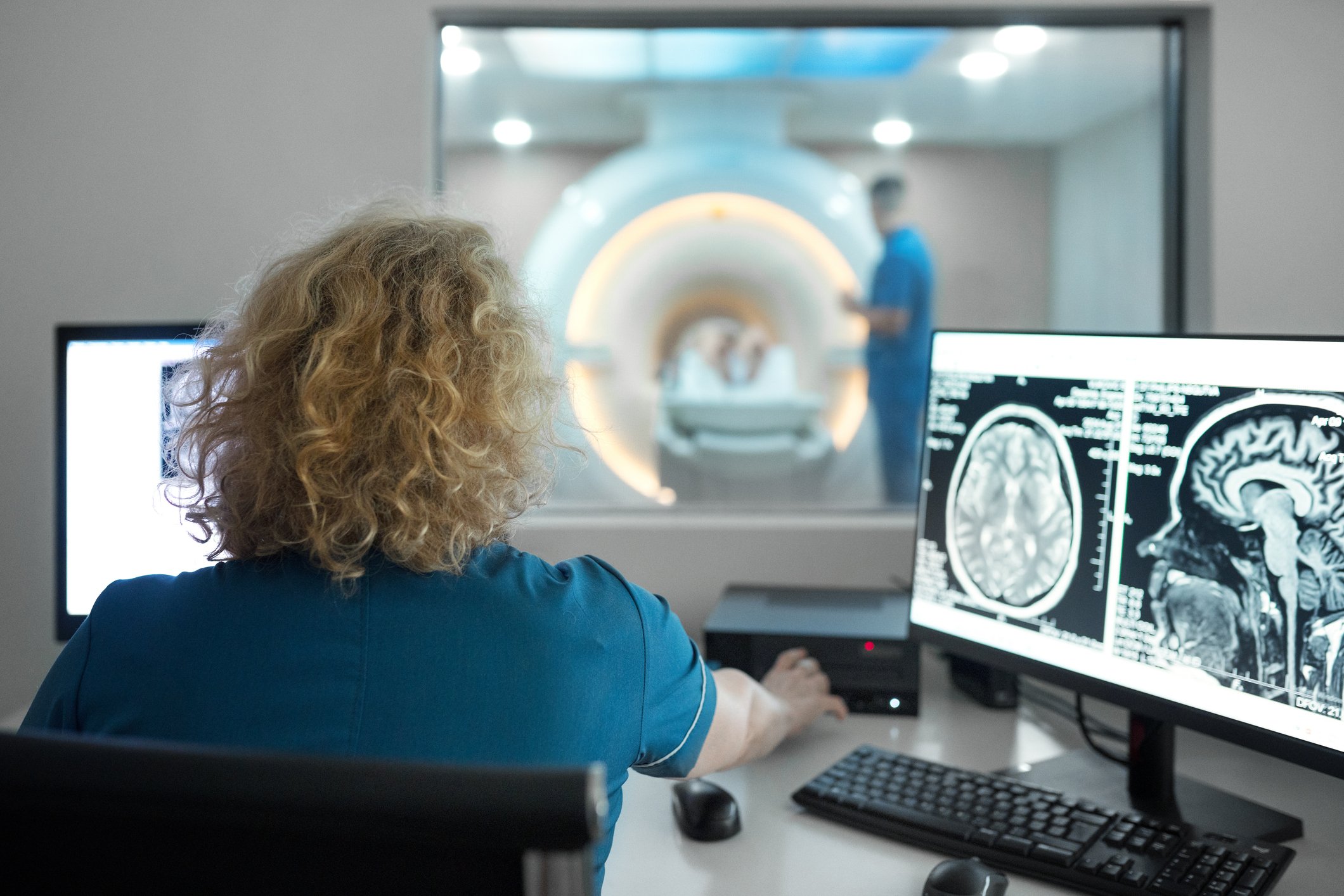Pain patients often wait years for a diagnosis and then usually receive inadequate treatment, as pain is neglected as a central symptom. This care problem was the focus of the German Pain Congress. To prevent pain from becoming chronic, an interdisciplinary approach is required – and faster action. Digital approaches could be supportive here.
In times of scarce resources in the healthcare sector, digital health applications (DiGAs) represent a promising opportunity to reduce the burden on medical care while improving patient safety and treatment quality. This applies in particular to chronic conditions such as pain and headaches, which are often associated with considerable stress for those affected and are exacerbated by comorbidities such as depression. Digital applications for pain management and reduction offer a wide range of benefits. Algorithm-supported programs enable patients to document their pain symptoms, monitor the course of their illness and carry out targeted exercises to manage their pain. This not only relieves the burden on doctors and therapists, but also strengthens patients’ self-efficacy, as they are actively involved in the treatment process. Particularly in the case of headache disorders such as migraines, DiGAs offer patients access to multimodal pain therapy that is not available in the analog setting.
Dealing with comorbidities
Another key aspect is dealing with comorbidities, such as depression, which often go hand in hand with chronic pain. Here, multimodal digital approaches that address both physical and psychological symptoms can achieve lasting success. DiGAs not only offer support with psychological stabilization, but also use techniques such as cognitive behavioural therapy and relaxation techniques to help patients deal with pain and depression in equal measure. This can reduce the use of medication and significantly improve patients’ quality of life. In view of the growing number of patients and the simultaneous shortage of specialists, particularly in the area of pain and mental illness, the opportunities offered by digital health applications must be exploited in a targeted manner. They are no substitute for the personal doctor-patient relationship, but they offer a valuable addition that puts the patient at the center of therapy and enables them to actively manage their health.
Digital trends for pain patients
From artificial intelligence (AI) to virtual reality(VR) – digital trends are playing an increasingly central role in pain therapy and are revolutionizing the way chronic diseases are treated. In addition to artificial intelligence, which is used in digital pain calendars or DiGAs, for example, virtual reality (VR) has also become increasingly important in pain therapy. VR offers patients the opportunity to immerse themselves in a different reality through immersive simulations and thus specifically reduce their pain. These so-called distraction therapies have proven particularly effective for patients with chronic pain, such as back pain or neuropathic complaints. Studies show that VR applications can reduce the perception of pain through the use of sensory and visual stimuli by “abducting” the brain into positive, stress-free scenarios.
Another promising approach is the combination of VR with biofeedback techniques, in which patients learn to control their body tension and stress levels through visual and auditory feedback. This innovative combination of virtual reality and physiology has the potential to reduce pain in the long term and help patients to better understand and control their physical reactions. The future of digital pain therapy promises even more breakthroughs.
The growing field of augmented reality (AR), in which digital information is projected into the real world, is particularly exciting. This technology could be used in pain therapy to show patients physical exercises or meditation techniques in real time that are directly tailored to their individual pain needs.
The challenges of digitalization
Despite all the potential and progress made with the help of AI technologies, there are still a few key ethical questions that remain unanswered. These include, for example, the question of responsibility and liability. Who is responsible if a diagnosis supported by AI is incorrect? The doctor, the software development team or the institution using the technology? This question about the allocation of responsibility is of crucial importance, especially in cases of wrong decisions or treatment errors.
Added to this are transparency and traceability. AI algorithms are often a “black box” whose decision-making processes are difficult for humans to understand. The lack of transparency can undermine the trust of patients and doctors. Traceability must remain a central bioethical principle to ensure that the technology remains trustworthy. It is also important to ensure the protection of privacy and prevent misuse, for example by insurance companies or employers.
Last but not least: Despite the technical precision, automated systems and the increasing digitalization of medicine can harbour the risk of losing the human element in healthcare. Empathy and communicative care must not take a back seat when machines increasingly support clinical decisions.
Source: German Pain Congress 2024: “WE! Shaping the future.”, 17.10.2024. Prof. Dr. med. Dagny Holle-Lee, PD Dr. med. Lars Neeb, Digital health applications – an opportunity in times of resource scarcity?!, Artificial intelligence to virtual reality – Which digital trends do people with chronic pain already benefit from today, what can we expect?, Bioethical challenges in technology transformation in diagnostics and treatment.
InFo NEUROLOGIE & PSYCHIATRIE 2024; 22(6): 25 (published on 5.12.24, ahead of print)











